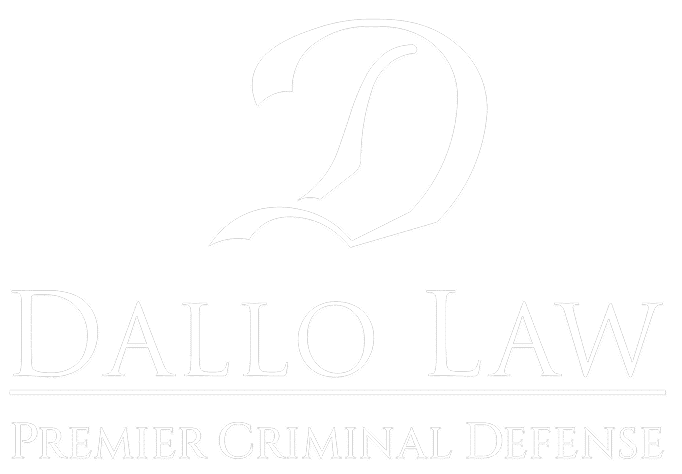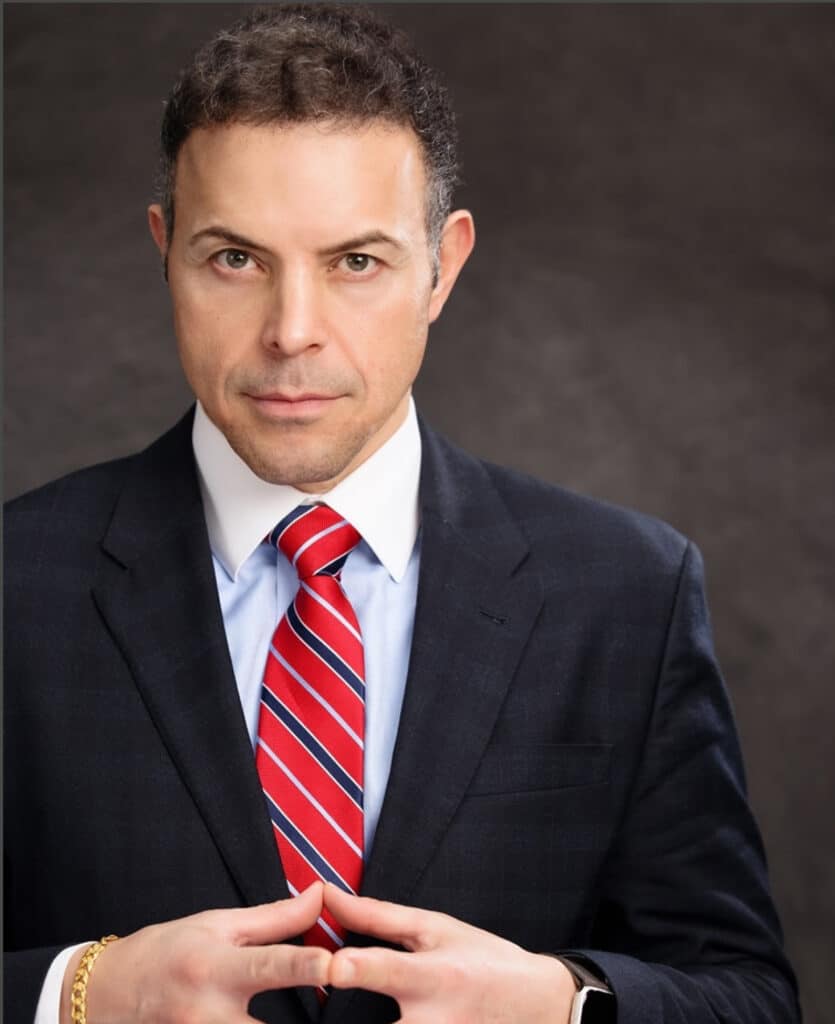Oakland County Carrying A Firearm In A Prohibited Location Attorney
In Michigan, even people licensed to carry a pistol are prohibited from carrying weapons in certain public places. Per Michigan law, individuals ordinarily licensed to carry concealed pistols may not do so in prohibited locations unless they are subject to an explicit legal exception to this rule. This ban applies to those licensed to carry by the State of Michigan and those licensed to carry in other states who are now carrying in Michigan.
A violation of Michigan’s law concerning carrying a firearm in a prohibited place is generally classified as a civil infraction. A civil infraction involves an act or omission explicitly prohibited by state law or ordinance for which “civil sanctions” may serve as punishment. As a violation is a civil infraction, no criminal penalties or imprisonment are typically available to punish the violation.
Michigan Carrying a Pistol in a Prohibited Location Lawyer
At Dallo Law, P.C., experienced criminal defense attorney J. Dallo and his legal team represent clients in a wide range of matters related to firearm and weapon crimes. If you or someone you know is currently being investigated for carrying a pistol in a prohibited location, attorney Dallo can be your best advocate. With an extensive record of results in criminal defense cases and years of legal experience, defense lawyer Dallo will fight aggressively to obtain a reduction or dismissal of charges.
Seek the skilled legal counsel you need by contacting Dallo Law, P.C. at 248-290-9962 today for a consultation. Dallo Law, P.C. accepts clients throughout the greater Oakland County and Macomb County, Michigan area.
Information Center
- What Locations Are Prohibited In Michigan?
- Penalties for Carrying a Firearm in a Prohibited Location in Michigan
- Statute Of Limitations
- Defenses for Carrying a Firearm in a Prohibited Location in Michigan
- Additional Resources
What Locations Are Prohibited In Michigan?
Individuals who are licensed to carry a concealed pistol (unless they are subject to an exception detailed below) or are exempt from licensure requirements are prohibited from carrying a weapon in a concealed manner in the following locations:
- Churches and other houses of religious worship (unless permitted by the presiding officials of a specific location)
- Courts
- Daycare centers
- Depositor financial institutions (as well as their subsidiaries and affiliates)
- Dormitories and classrooms on college, community college, and university property
- Hospitals
- Sports arenas, stadiums, and other entertainment venues with a capacity of at least 2,500
- Secured areas of commercial airports
- Any establishment (including bars and taverns) licensed per the Michigan Liquor Control Act, save for owners and employees of the licensed business in question
Additionally, employers are permitted to restrict the rights of employees to carry concealed pistols in the course of their employment if insurance coverage or premiums would be affected by allowing an employee to engage in carrying activity.
Penalties for Carrying a Firearm in a Prohibited Location in Michigan
A violation of Michigan’s law concerning carrying weapons in a prohibited place is a civil infraction, so it isn’t technically a crime for which traditional punishments may be handed down. An offender with no prior record of violating this law may be required to pay a $500 fine and submit to a suspension of their concealed carry permit for six months.
If an individual violates this law more than once, they’ll risk more severe penalties in the event of a conviction. A second offense of this law is classified as a misdemeanor, a criminal violation. In the event of a misdemeanor conviction, an individual risks a $1,000 fine, revocation of their concealed carry permit, and up to 90 days in jail.
Third and subsequent violations of this law are classified as felonies, also criminal violations. In the event of a conviction, an offender risks up to four years in prison, a $5,000 fine, and revocation of their concealed carry permit.
Under any of these circumstances, an individual’s pistol – if discovered in a prohibited location – may be seized immediately. A weapon may be seized in a casino whether it is being carried openly or concealed.
Statute Of Limitations
The statute of limitations that applies to a violation of Michigan’s law against carrying a weapon in a prohibited place depends on how the violation is classified. Civil infractions are generally subject to a limitation period of three years. Misdemeanors may be charged up to six years after an offense has taken place, and most felonies in Michigan are subject to a 10-year statute of limitations.
If a prosecutor or civil justice administrator attempts to hold someone accountable for violating this law after the statute of limitations period, then the charge should be dismissed.
Defenses for Carrying a Firearm in a Prohibited Location in Michigan
There are a host of defenses that an attorney may employ when advocating for the rights of someone who has been accused of carrying a concealed weapon in a prohibited location. Each defense depends on the unique circumstances of any given case and will not apply in all scenarios.
A common defense to this infraction or crime is that the individual carrying the weapon was unaware that it was on their person. While there is no specific intent element to this crime, a prosecutor or civil servant may be persuaded to let charges drop if an innocent person would otherwise be punished for carrying a weapon they did not know of.
Additionally, many individuals can successfully argue that their situation falls under one of the law’s exceptions. Some individuals cannot generally be convicted of violating Michigan’s law on carrying a weapon in a prohibited place because the law explicitly allows them to carry concealed weapons in the above-mentioned prohibited places. Examples of individuals exempt include:
- Retired law enforcement officers
- Private investigators and private detectives licensed under the Professional Investigator Licensure Act
- Employers who operate prohibited spaces may permit employees and contractors to carry concealed weapons to provide security services
- County sheriff department corrections officers and trained retired corrections officers
- Motor carrier officers and capital security officers employed by the Department of State Police
- Members of a sheriff posse
- Auxiliary and reserve officers of police and sheriff departments
- Active or retired parole, probation, and corrections officers, as well as trained active and retired members of absconder recovery units of the Department of Corrections
- Active and retired state court judges
- State court officers and peace officers
Notably, some of these exceptions are subject to licensing requirements.
Additional Resources
Location Restrictions in Michigan | Giffords Law Center – Visit the website of the Giffords Law Center to Prevent Gun Violence to browse a quick reference sheet that lists locations where a firearm is prohibited in Michigan.
Firearms | Michigan State Police – Visit the Michigan State government’s official website to access various resources for gun owners, from information about acquiring a concealed pistol license to information about what can happen when gun owners carry under the influence.
Bloomfield Hills Carrying a Pistol in a Prohibited Location Lawyer | Oakland County, MI
Prosecutors in Michigan aggressively prosecute cases involving firearms and other weapons. If you have been arrested for carrying a pistol in a prohibited location such as a church or daycare center, it is important you seek the assistance of a knowledgeable criminal defense attorney. At Dallo Law, P.C., defense lawyer J. Dallo understand that any crime can have a negative impact on your career and reputation. Thankfully, he has years of experience, skill, and committed approach necessary to secure a favorable outcome for your case.
Call 248-290-9962 today to set up your first consultation. Dallo Law, P.C. accepts clients throughout the greater Oakland County and Macomb County area including Warren, Clinton Township, Sterling Heights, Mount Clemens, St. Clair Shores, Roseville, Bloomfield Hills, Southfield, Pontiac, Rochester, Auburn Hills, West Bloomfield Township, Farmington Hills and Madison Heights.


